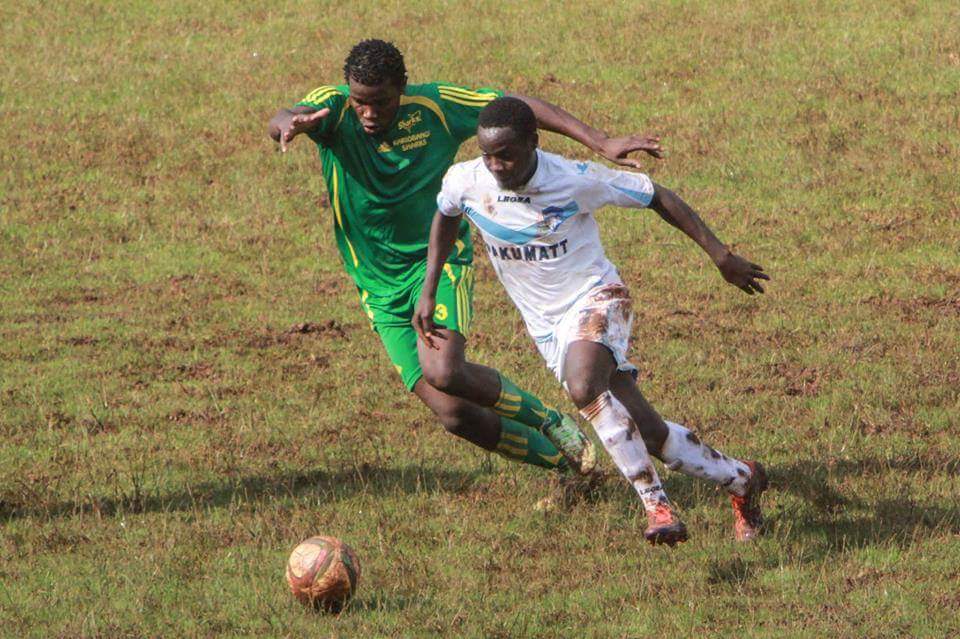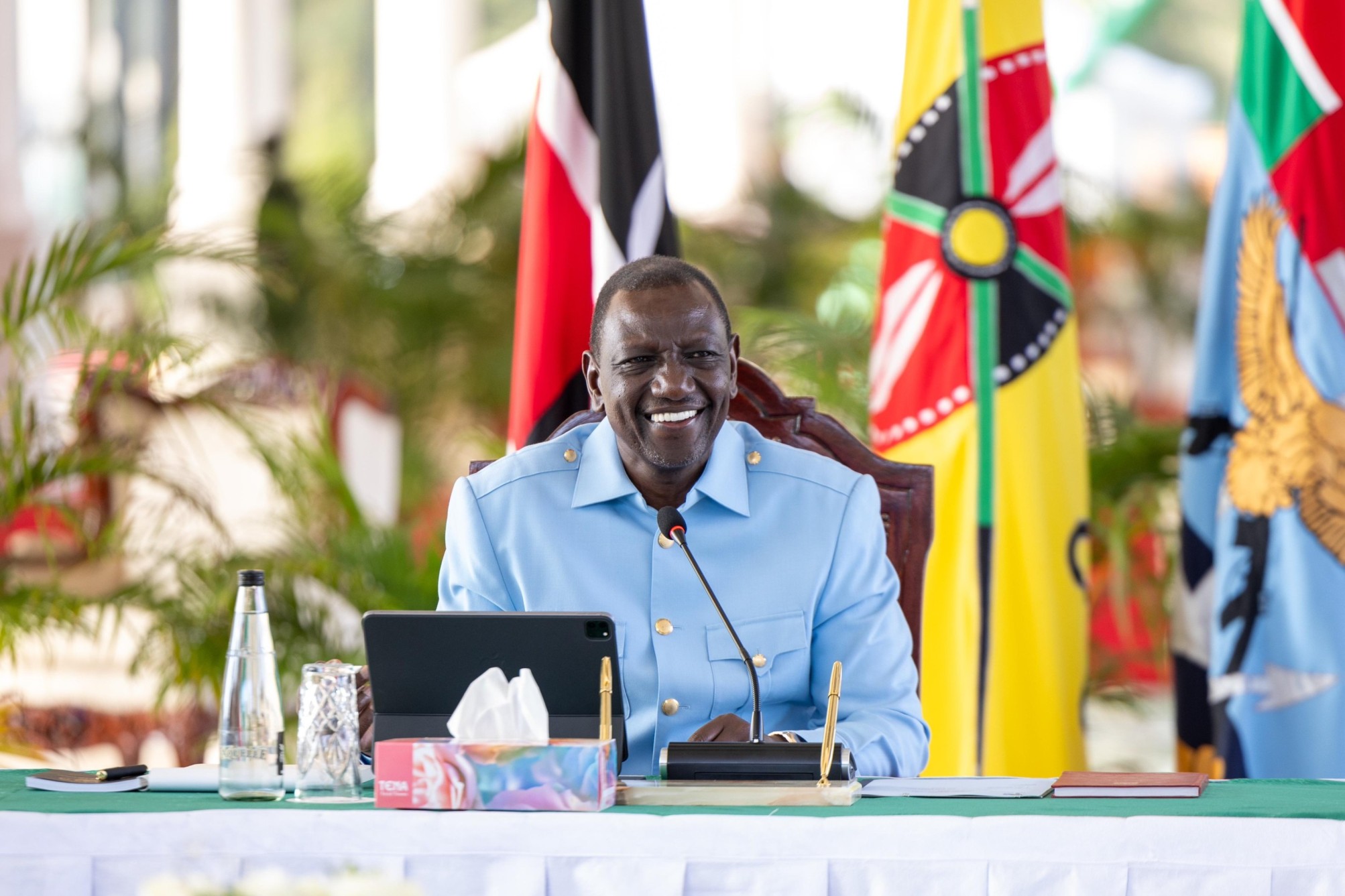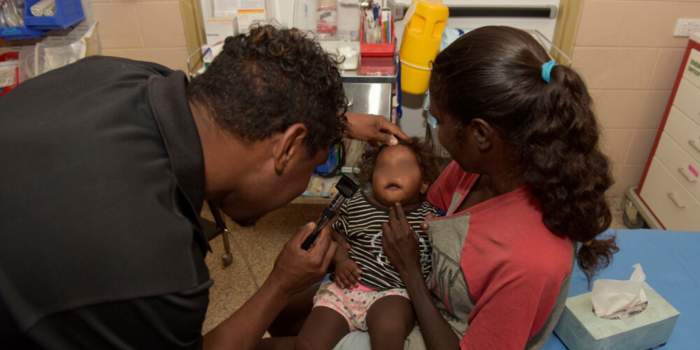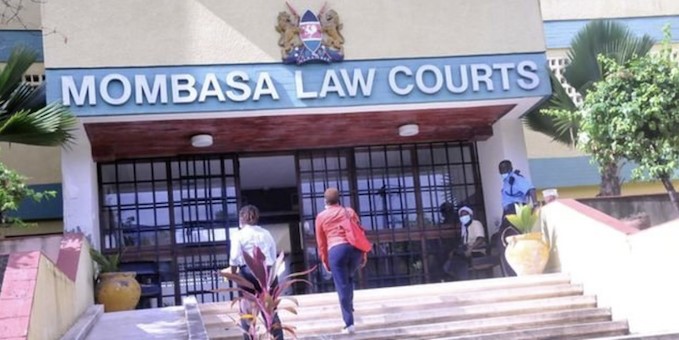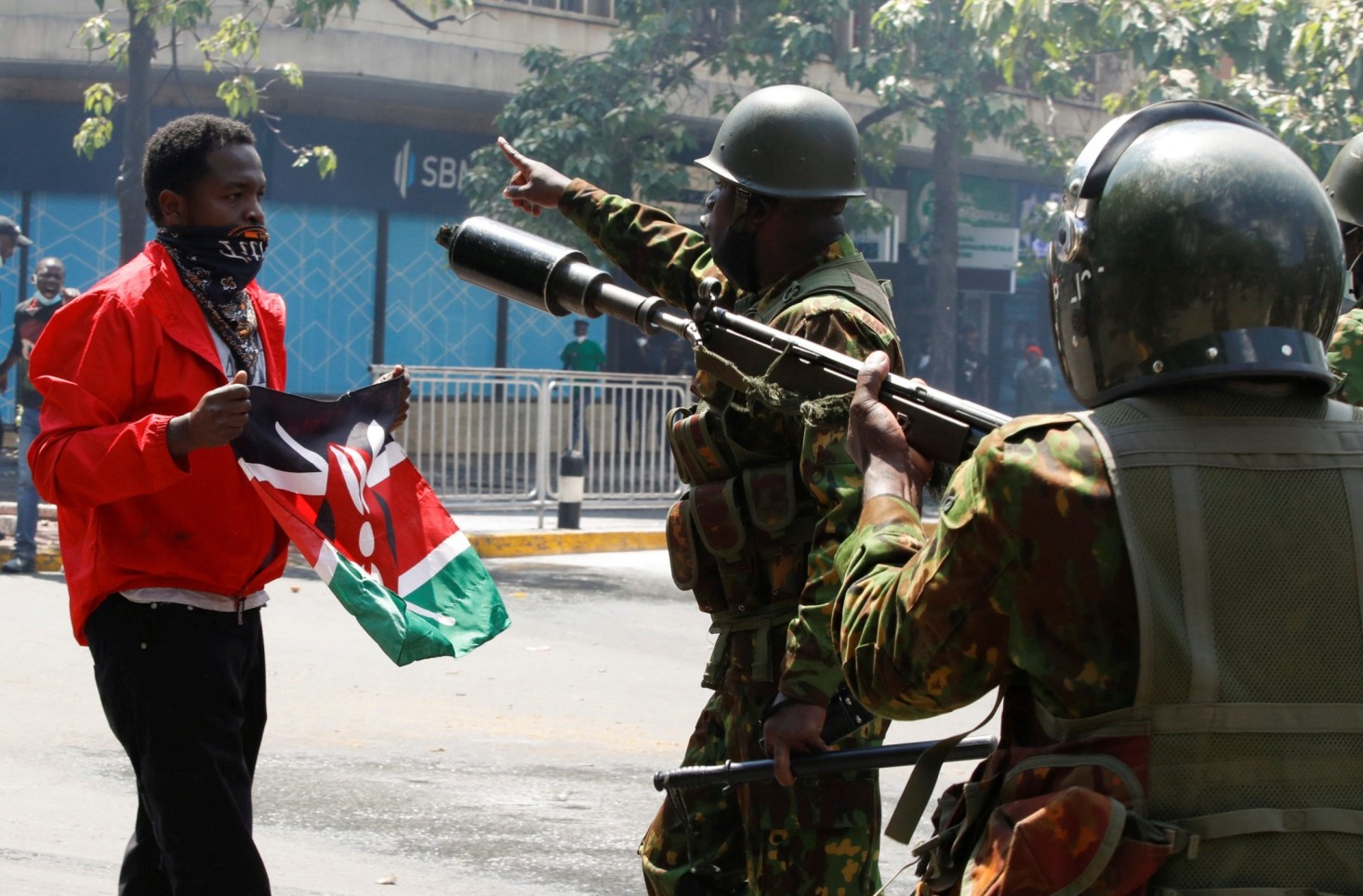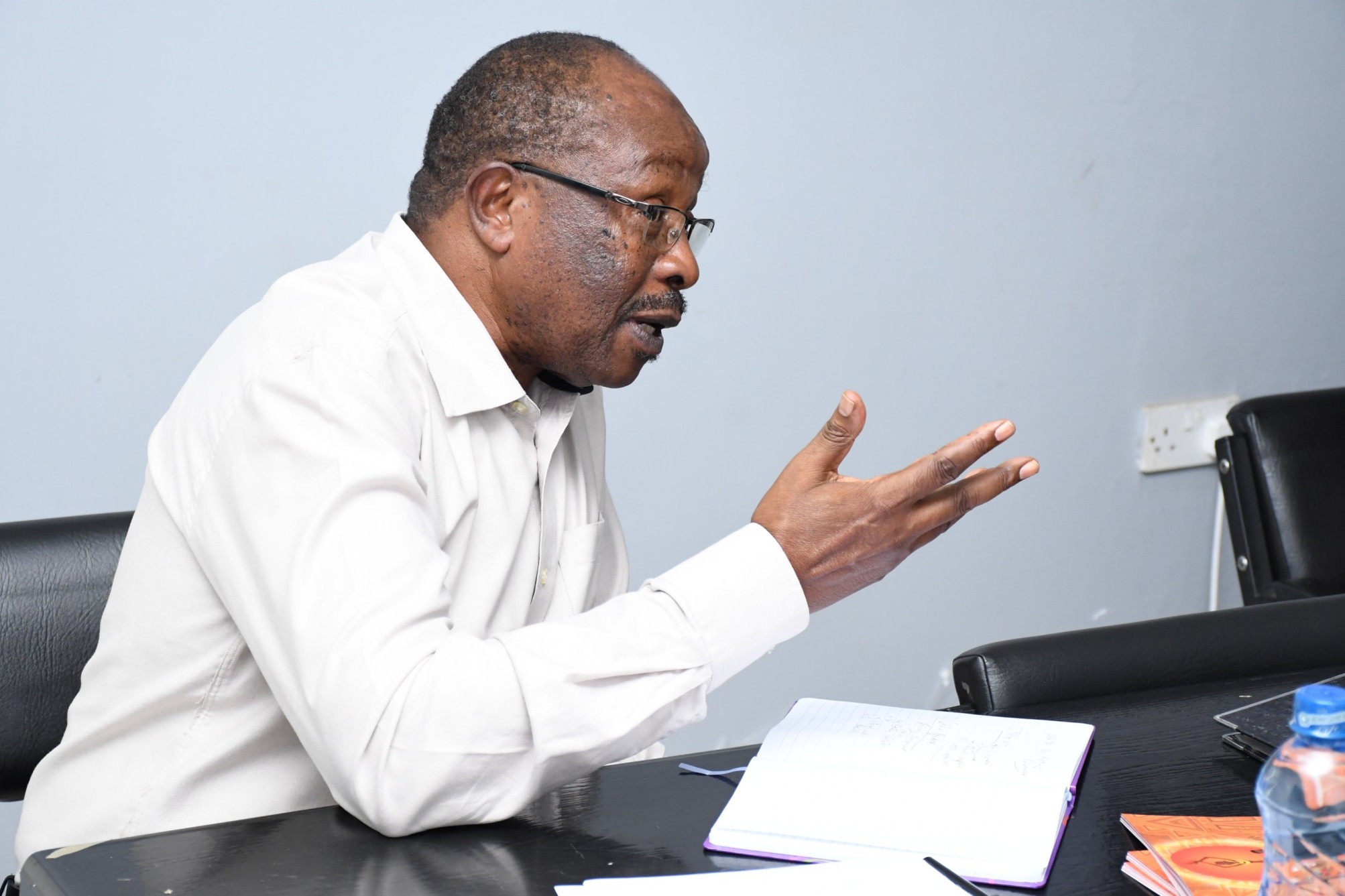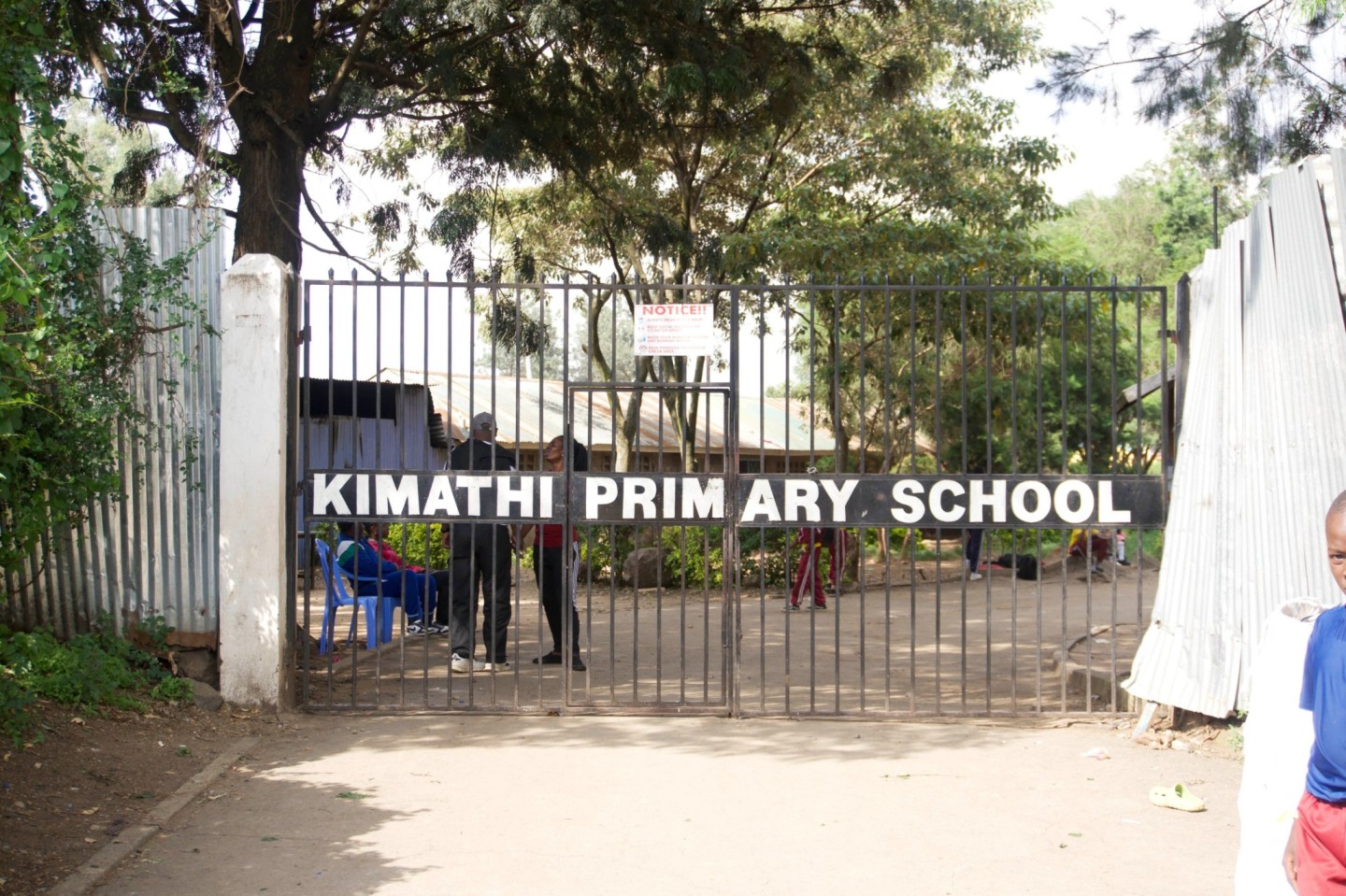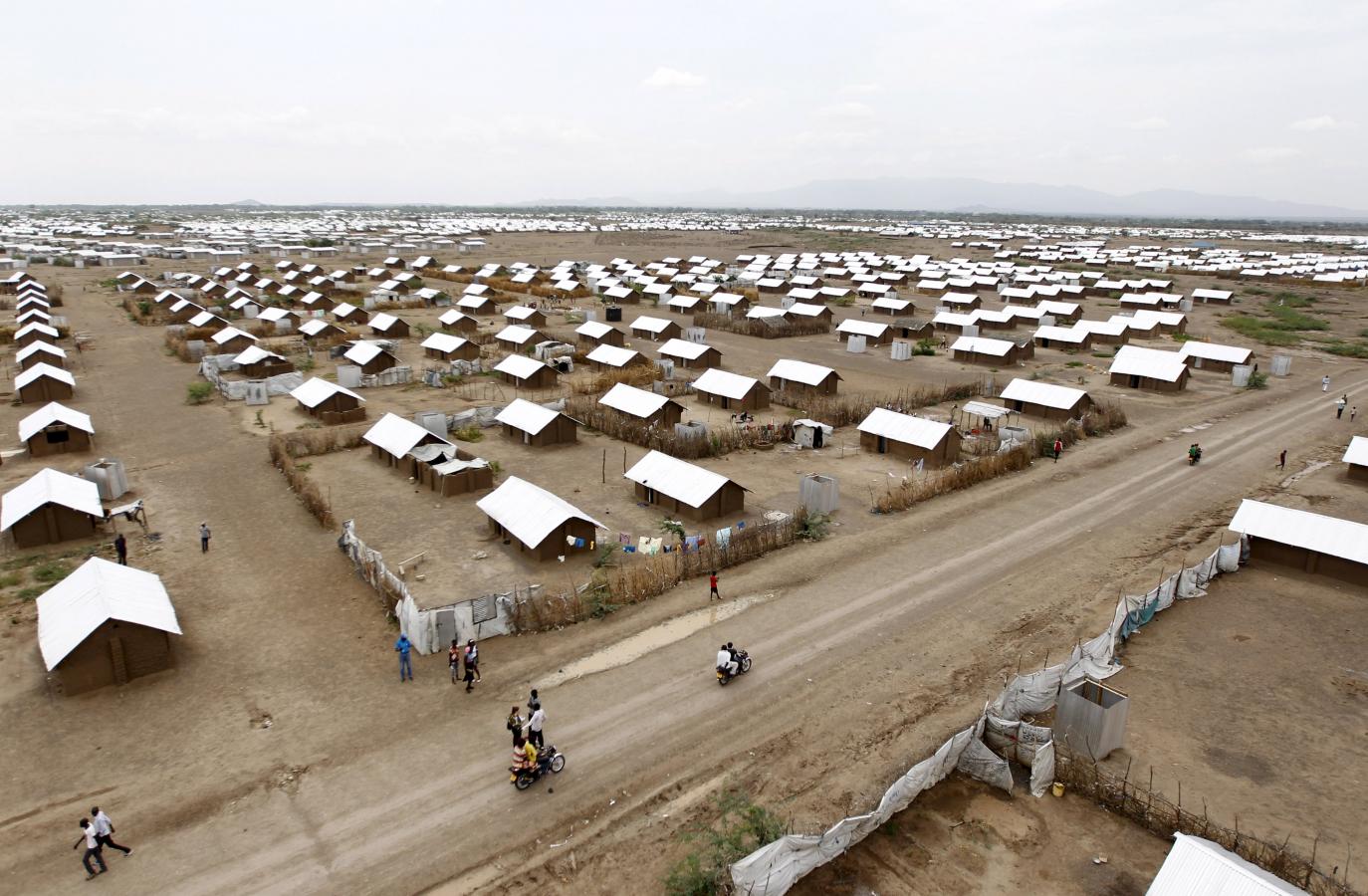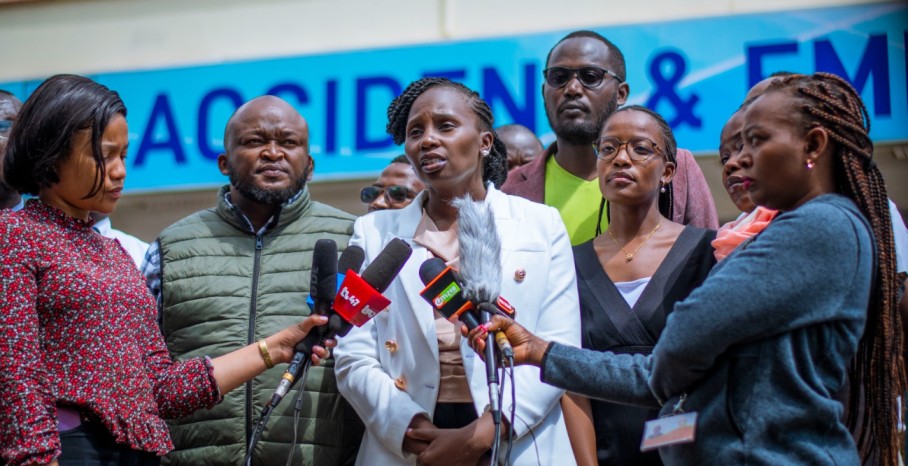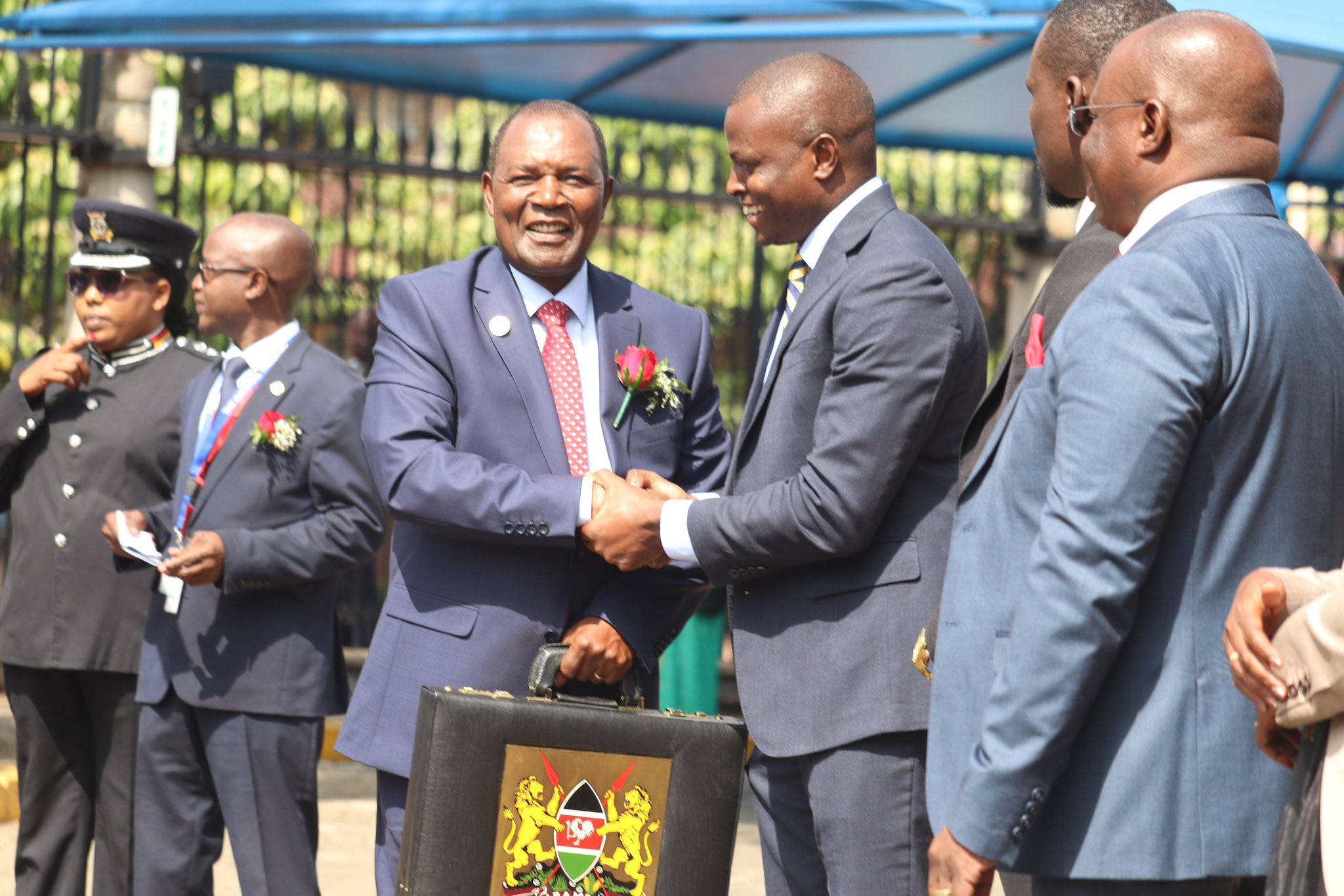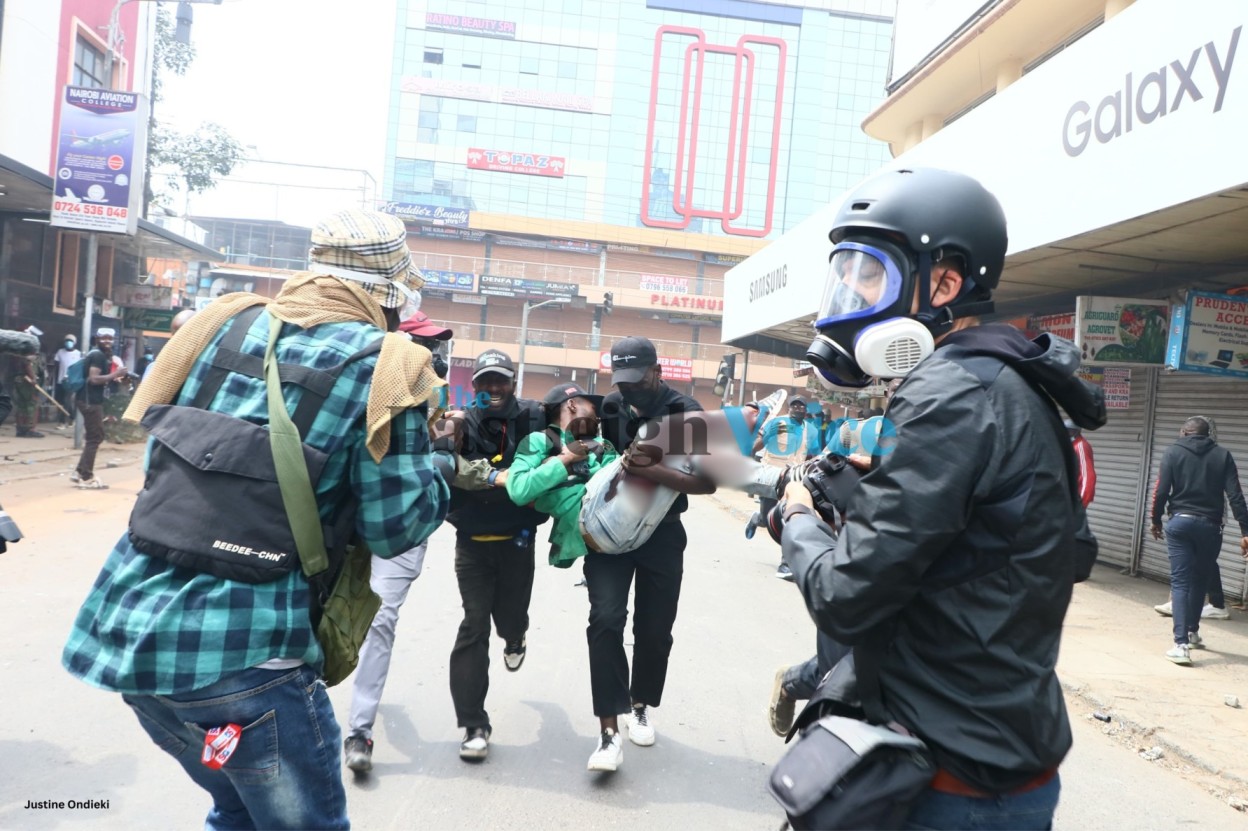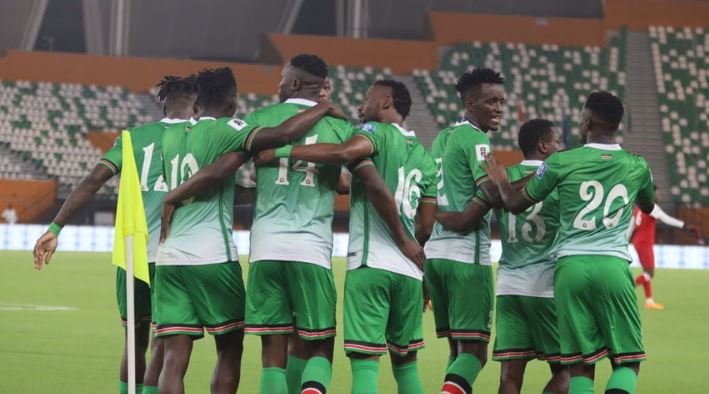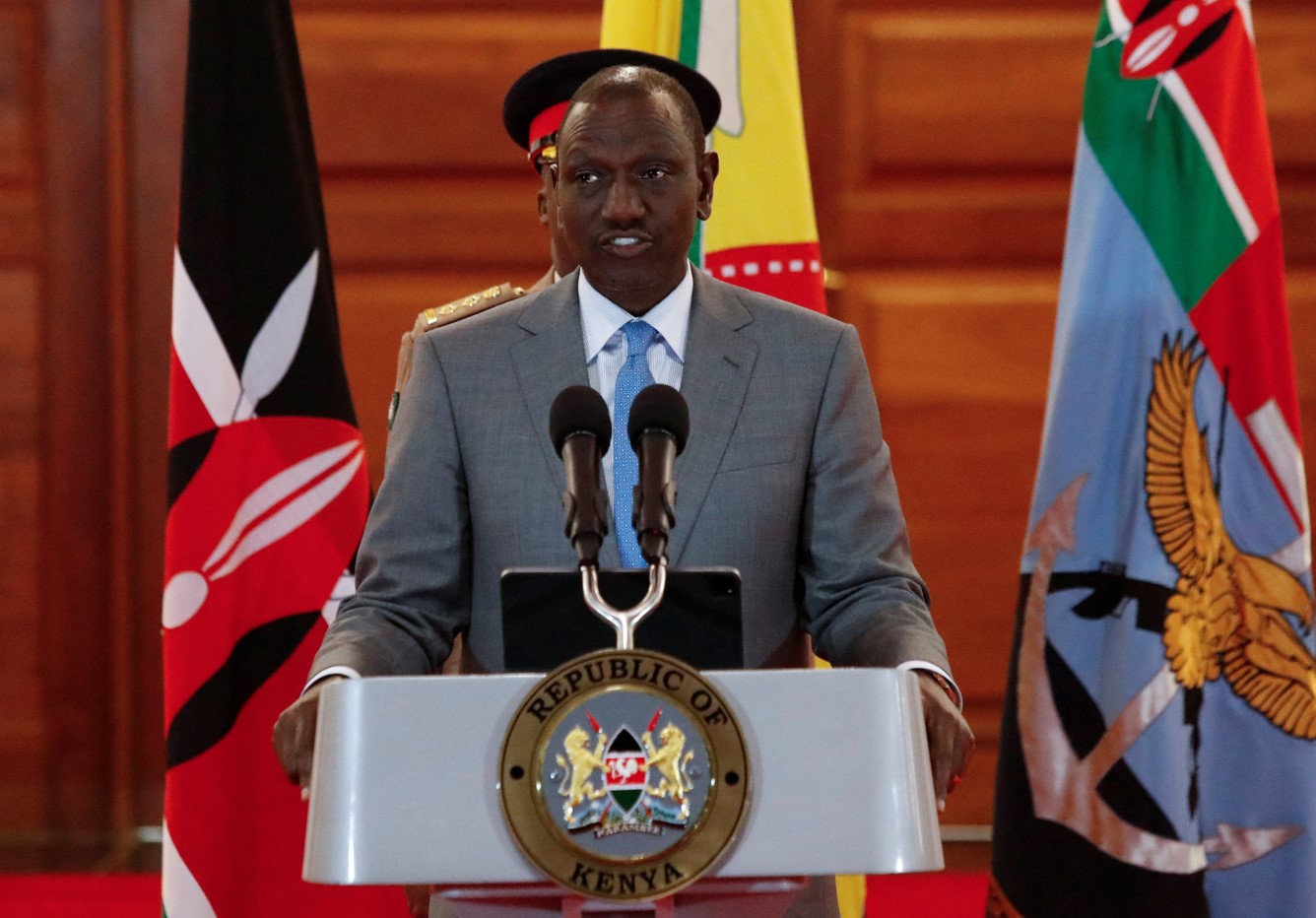Rights body Transparency International sounds alarm over withdrawal of graft cases
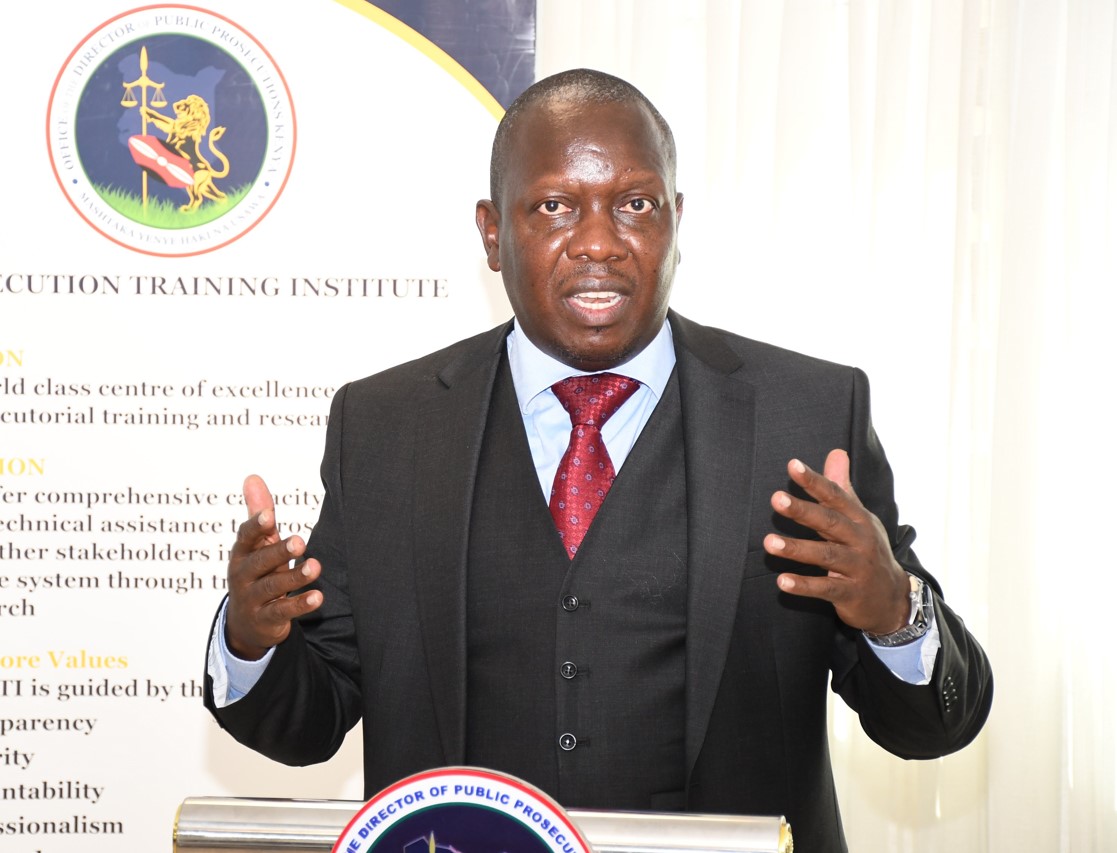
By Dennis Tarus |
The two bodies called for EACC to be granted prosecutorial powers which they said would streamline the prosecution process and ensure a more cohesive approach to tackling graft cases.
The Kenya Human Rights Commission (KHRC) and Transparency Kenya have raised concerns over attempts by the Office of the Director of Public Prosecu0ons (ODPP) to withdraw corruption cases involving high-profile individuals perceived to be politically connected which have resulted in the loss of significant amounts of public funds.
The two bodies cited the recent proceedings on February 22, 2024, at the Milimani Law Courts where the ODPP sought to withdraw charges against three senior government officials of the Geothermal Development Company (GDC) due to insufficient evidence.
Keep reading
However, EACC later opposed the move, highlighting that the withdrawal was not in the public interest and could potentially perpetuate the abuse of the legal processes.
They also cited a similar discord on February 16, 2024, concerning the withdrawal of charges against the former Kenya Pipeline Company bosses which they said further confirmed the lack of harmony between EACC and ODPP in pursuing corruption cases.
"We are concerned by the disturbing pattern of discord between the EACC and ODPP in determining the direction that corruption cases ought to take; a trend that undermines the fight against corruption and erodes public trust in the country’s criminal justice system," KHRC and Transparency Kenya said in a statement on Sunday.
"These instances underscore deeper systemic issues within the prosecution of corruption cases to the extent that a section of the judiciary hearing the cases has criticised the conduct and management of cases by the ODPP."
Prosecutorial powers
The two bodies called for EACC to be granted prosecutorial powers which they said would streamline the prosecution process and ensure a more cohesive approach to tackling corruption cases.
"This would enable EACC officers, often at the forefront of corruption investigations, to directly prosecute matters, thus reducing the likelihood of conflicting decisions among investigators and
prosecutors. The gazettement of qualified EACC officers as special prosecutors should also be considered to formalise their role in the prosecution process," the statement read.
"This will also enhance coordination in investigative and prosecutorial processes, leading to more effective outcomes in corruption cases."
The two bodies also want prosecutors to be personally held liable for mismanagement of cases.
"If prosecutorial counsel bungles a corruption case, the court should lift the immunity of such prosecutors and hold them personally liable to discourage neglect of prosecutorial duty. This will stem the tide in the rising patterns of reckless dereliction of duty and lack of independence by prosecutors as witnessed in the Sh63 billion Arror and Kimwarer dams case," KHRC and Transparency Kenya said.
"There is a need for harmonisation of efforts between the ODPP and the EACC to avoid conflict and facilitate better coordination throughout the investigation and prosecution of corruption-related cases towards seamless, timely and successful outcomes of graft cases to inspire public trust in the entire criminal justice system and anti-corruption efforts."





